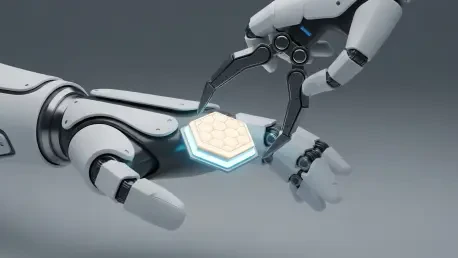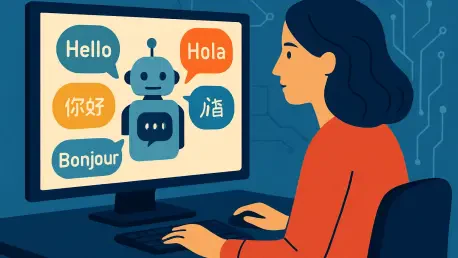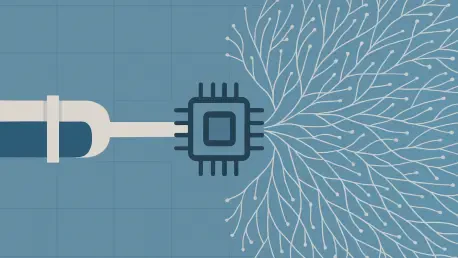
The very central processing unit that grants advanced robots their cognitive prowess is also the critical bottleneck that leaves them vulnerable to instantaneous physical harm, a paradox that has long hindered their deployment in unpredictable, dynamic environments. This research summary explores a

The global proliferation of artificial intelligence has unveiled a critical, yet often overlooked, chasm in its capabilities: a profound bias toward the English language that limits its true potential in a linguistically diverse world. As large language models (LLMs) become increasingly integrated

The split-second decision-making required for autonomous vehicles and intelligent robots to navigate complex, unpredictable environments demands artificial intelligence that operates with near-zero latency, a challenge that cloud-based processing has consistently failed to overcome. The critical

The humanoid robot, long a fixture of science fiction and dazzling tech demonstrations, is now standing at the precipice of a profound transformation from a captivating spectacle into a functional tool. This review explores the evolution of the technology from public displays of agility to

The artificial intelligence industry is in the midst of a profound and consequential transition, moving beyond the era defined by the colossal effort of building and training ever-larger models. For years, the primary challenge and focus of investment revolved around the creation of foundational

A landmark study has unveiled a sophisticated deep learning framework designed to significantly enhance the diagnostic accuracy of gallbladder diseases from ultrasound scans, heralding a potential paradigm shift in medical imaging analysis. This research stands at the confluence of artificial